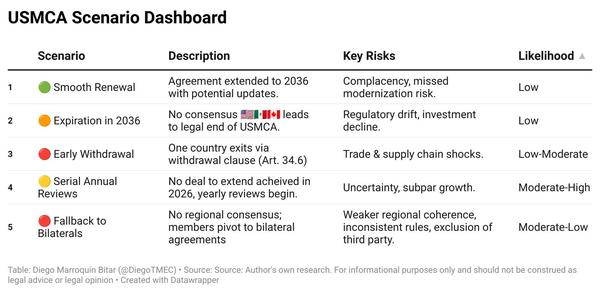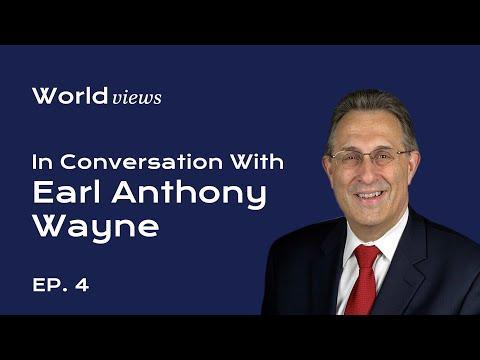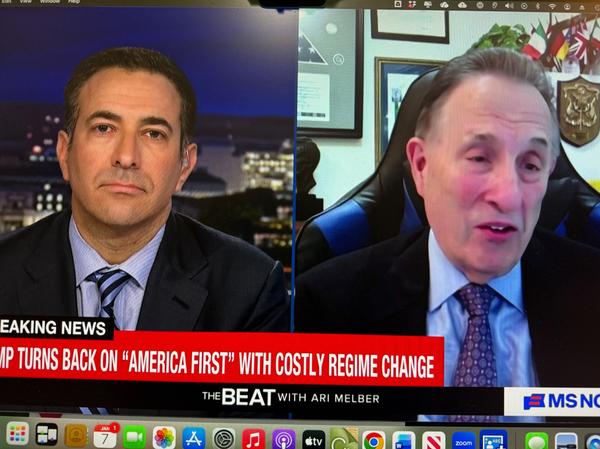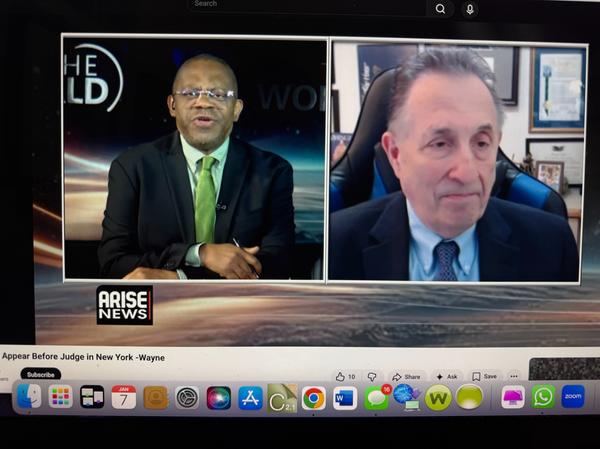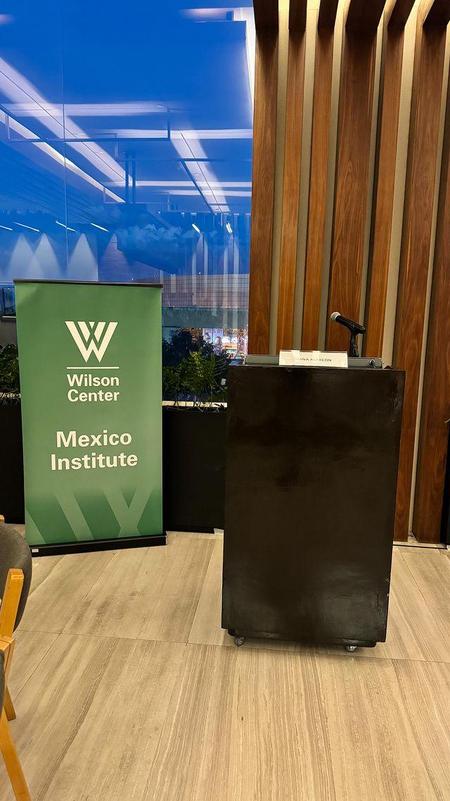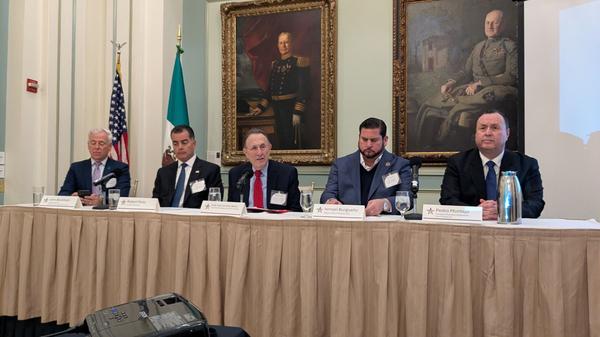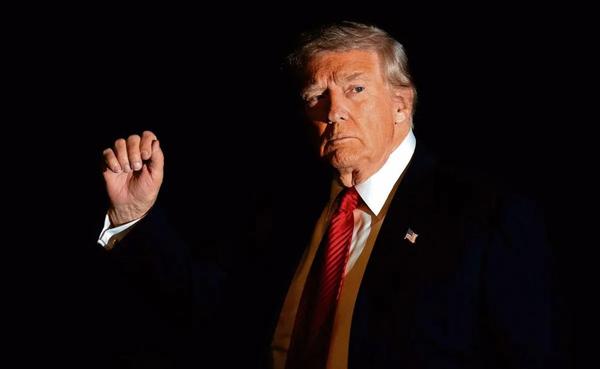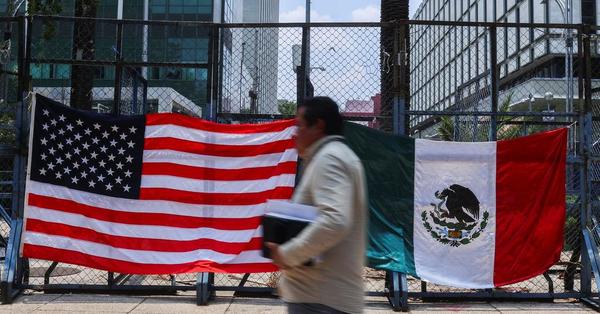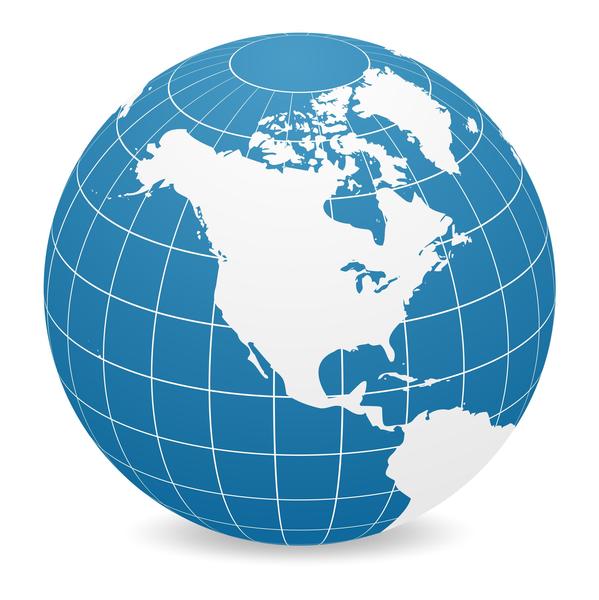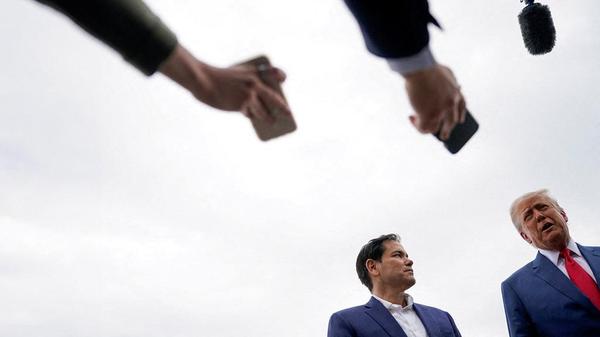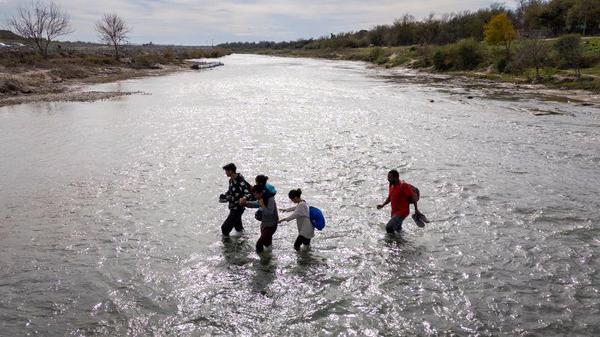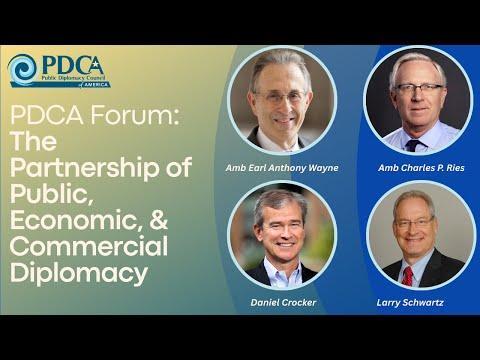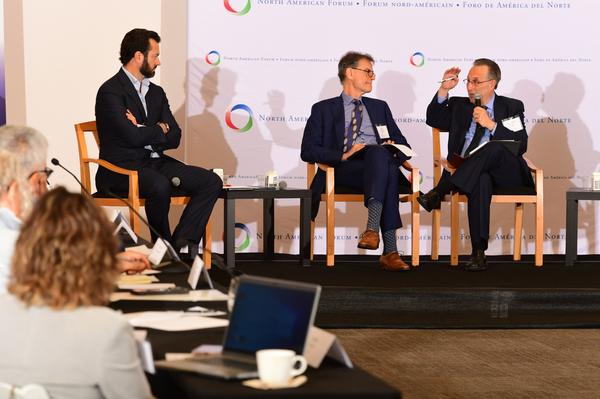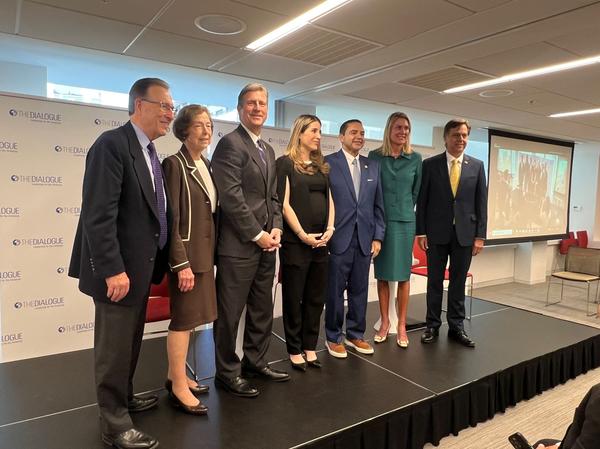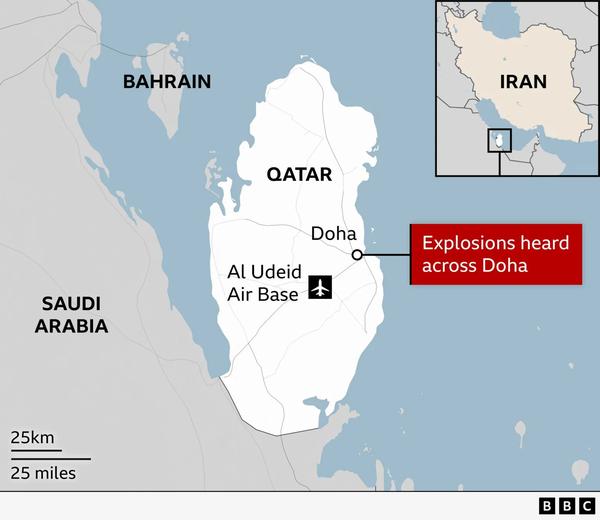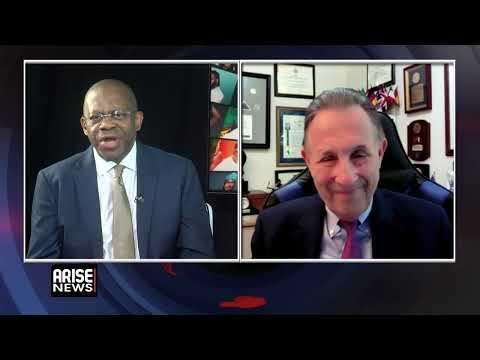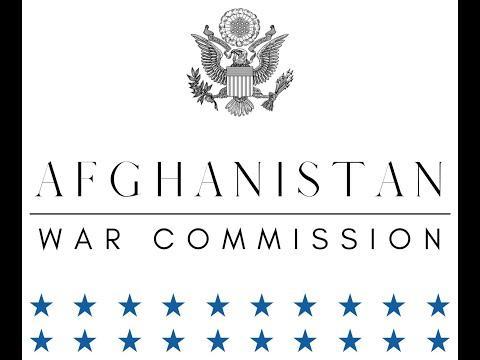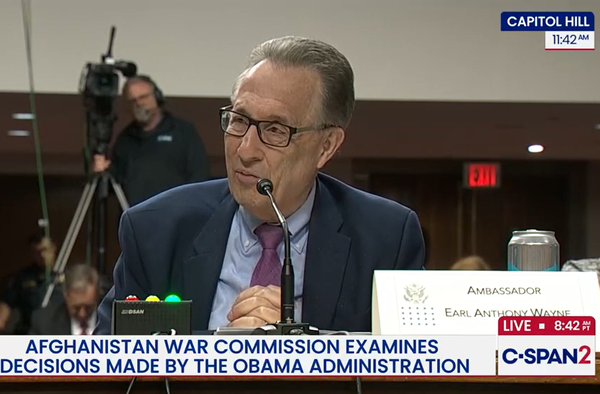Refugees International
•
July 16 2025
Former Senior U.S. Officials Call on Congress to Avert Total Collapse of U.S. Humanitarian and Refugee Leadership
Former Senior U.S. Officials Call on Congress to Avert Total Collapse of U.S. Humanitarian and Refugee Leadership
July 16, 2025
WASHINGTON—Almost 200 former senior-level U.S. government officials who served under both Republican and Democratic administrations released a letter to Congressional leaders today calling on them to act urgently to avert a total collapse in U.S. humanitarian and refugee leadership. Endorsers include former National Security Advisors, senior State Department officials, military leaders, and USAID senior leaders.
The letter comes amid historic cuts to U.S. humanitarian programming, most recently Secretary Rubio’s decision to dramatically downsize and effectively dismantle the U.S. Department of State Bureau for Populations, Refugees, and Migration (PRM) and on the heels of the administration’s elimination of USAID.
“These actions leave the U.S. government without any meaningful operational or diplomatic tools to address displacement and humanitarian crises overseas. They also disregard decades of U.S. Congressional intent and legislation,” the letter reads.
“None of this is about reform; it’s abdication,” said Eric Schwartz, former Assistant Secretary of State for PRM during the Obama administration. “This is a moment that demands courage and clarity from Congress to restore our humanitarian tools and reaffirm America’s commitment to human dignity and international stability. Congress must step in now to reverse this course.”
“Helping refugees and others in peril has been a proud American tradition,” said Anne C. Richard, former Assistant Secretary of State for PRM during the Obama administration. “By supporting humanitarian operations, our country has saved millions of lives and demonstrated that we do not turn away from people who have lost everything.”
“The Bureau of Population, Refugees, and Migration, that I loved and served immediately after 9/11, was truly the world’s powerhouse for humanity,” said Arthur “Gene” Dewey, former Assistant Secretary of State for PRM during the George W. Bush administration. “It was the face of American soft power in reducing worldwide disorder and chaos. Reluctant donor states contributed substantially to humanitarian crises only because PRM constantly leveraged its own enormous donations to get them to act. Similarly, UN humanitarian agencies earned their keep through PRM leadership from alongside them – leadership that leveraged their dependence on U.S. financial diligence to get productive assistance and protection on behalf of the world’s millions of desperate humanitarian beneficiaries. Now in renouncing that leadership, the administration has made America less great, less safe, less influential, and tragically less good.”
“This letter is an alarm bell to our elected leaders,” said Jeremy Konyndyk, President of Refugees International and a former senior USAID official in the Obama and Biden administrations. “The dismantling of the U.S. refugee and humanitarian architecture is a moral and strategic disaster for the United States. Shuttering our global refugee and humanitarian response capacity threatens U.S. national security: it will unleash deeper instability, needless human suffering, and will undermine American credibility on the world stage.”
Read the letter and see a full list of signatories here.
